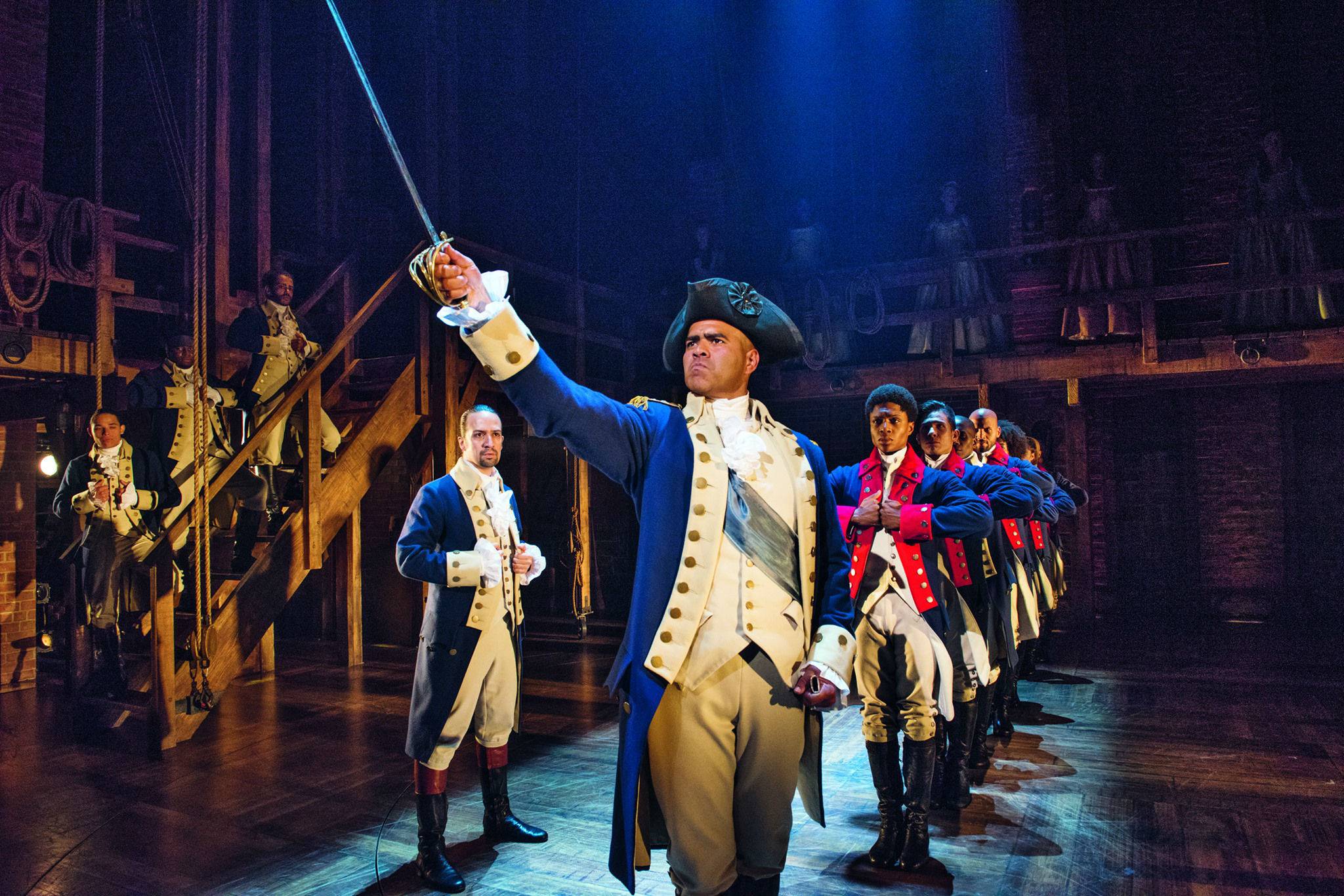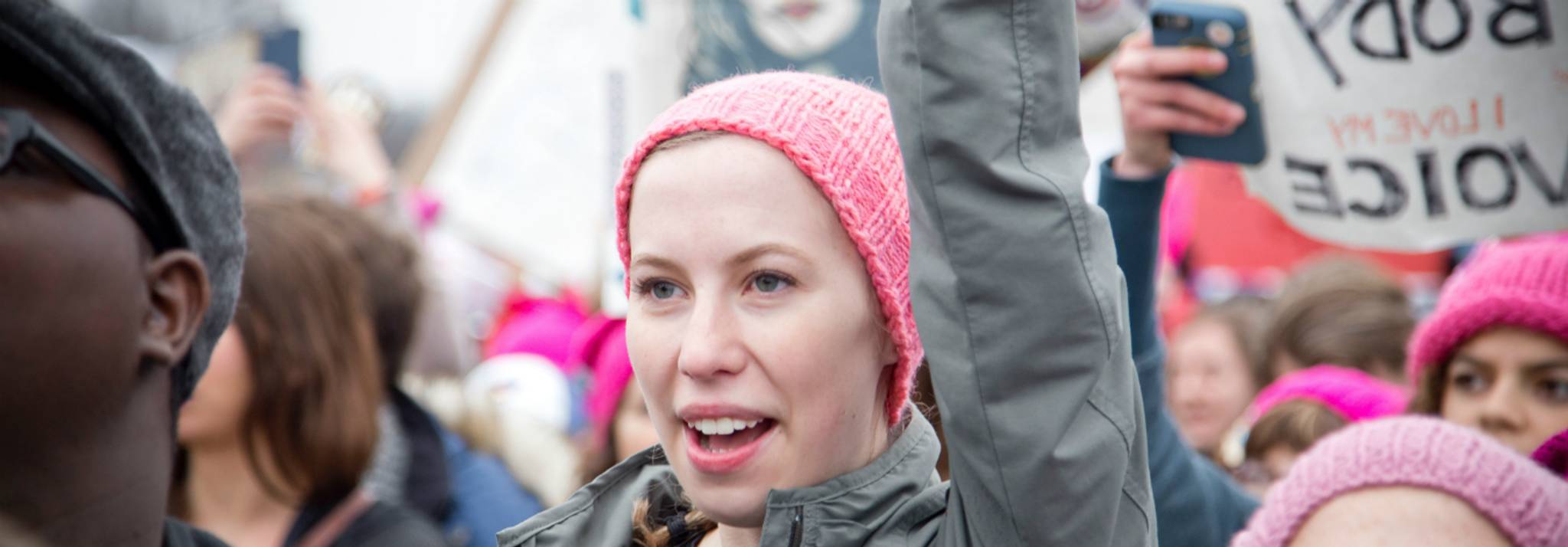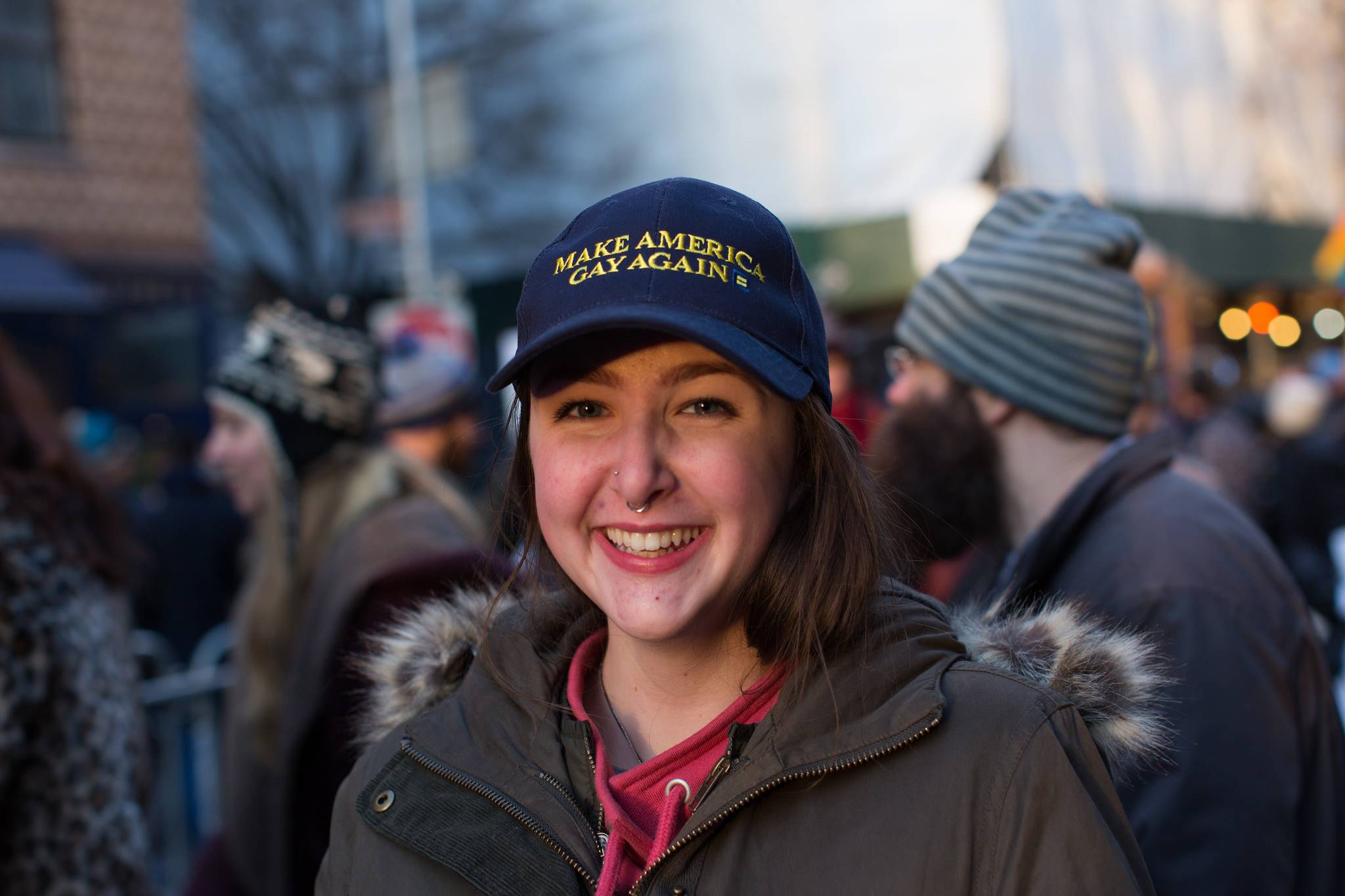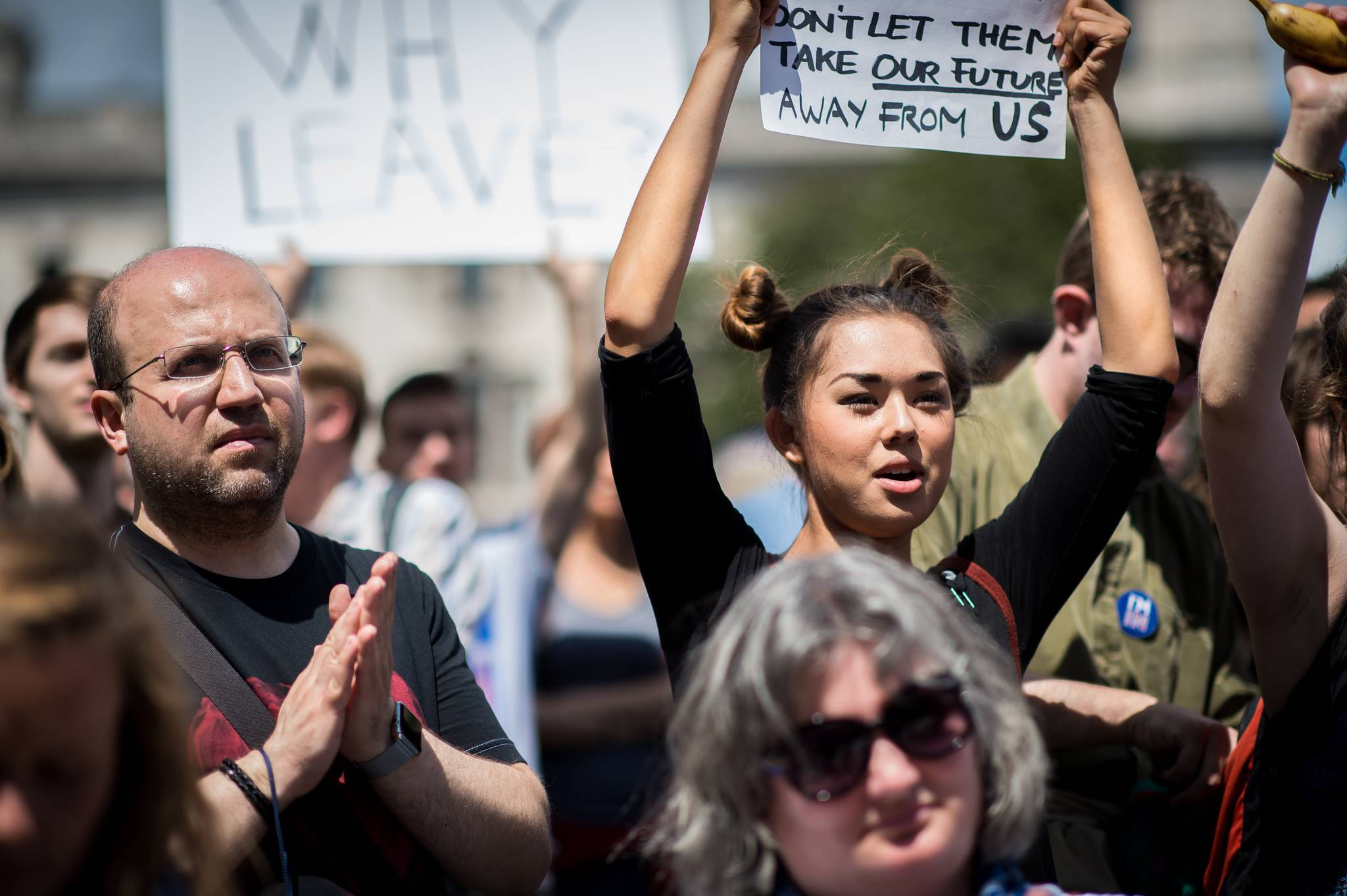
People have always been uncomfortable with big companies prospering at the expense of the broader community. Only now it’s more visible. And with 85% of people believing that brands have a duty to make people’s lives better, they’re disassociating themselves from brands that reflect badly on them. Connecting with the residents of Carol City, Florida, Checkers and Fitzgerald & Co launched Buy Back the Block. In the fourth instalment of the deconstruction of our favourite Clio Gold winners, we explore the insights behind why rapper Rick Ross bought a fast food franchise.
Chain franchises are often seen as faceless big-box businesses; in Checkers’ ‘Buy Back the Block’ campaign, the fast food giant pushes back against that reputation by documenting rap mogul Rick Ross’ purchase of the Checkers franchise he used to hang out in as a teen. The documentary-style spot follows Ross as he returns to the neighbourhood he grew up in, reuniting with residents old and new.
As Ross reminisces about the Checkers franchise he used to frequent after work, he points out how many businesses in disadvantaged neighbourhoods are owned by people who don’t live in them. Against a backdrop of footage of Ross’ emotional homecoming, the rapper lists the reasons behind his decision to ‘buy back the block’: “Providing jobs. Investing back into the community. Staying in touch with where you from.” The project clearly touched a nerve with Ross, who penned a track by the same name in collaboration with rappers Migos and Gucci Mane, which has gained over 16 million listens on Youtube alone.
Globally, $15 billion is spent every year on corporate social responsibility by Fortune 500 companies. But the bulk of this is on donations, and as brands are scrutinised over social media for their actions, simply giving money is no longer enough. And with one in three claiming to be ashamed of buying from socially irresponsible businesses, it can have a real impact on a business's bottom line.
Increasingly, people want brands to behave with integrity and demonstrate a wider purpose, to help them improve the world without having to change the ways that they consume. It's why Reebok quickly sold out of its politically aware 'She Persisted' t-shirts, and why Illamasqua is in the spotlight for hiring transgender model Munroe Bergdorf, who was fired from a L’Oreal campaign for speaking out against racism.
This is the fourth in a five-part series deconstructing our favourite winners from the 2017 Clio Awards.



